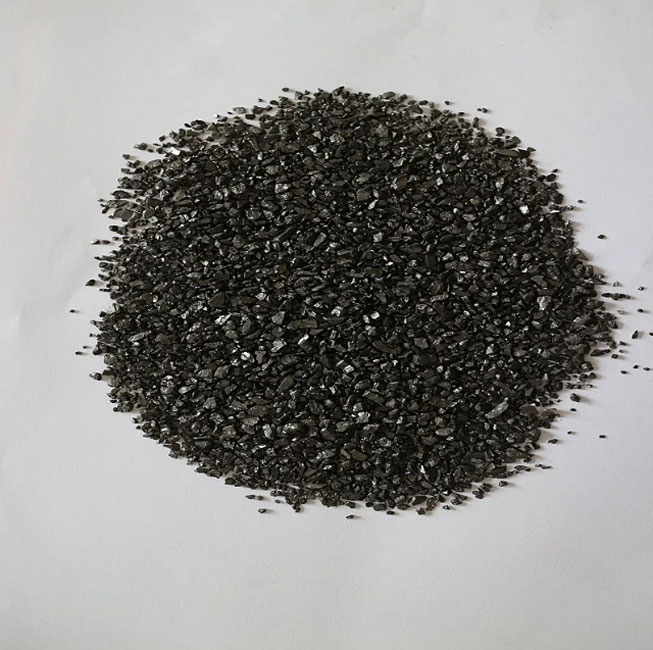
Graphite Petroleum Coke is a by-product and important carbon material of the petroleum refining. It is a solid black granular material with a high carbon content. A specific process can transform it into a variety products. This material has unique properties that make it ideal for a range of industrial processes. The material's thermal stability makes it resistant to degradation and deformation even in high temperature environments. It is also chemically stable, and can withstand different types of corrosive substances.
Unlike natural graphite, which comes from mines and has a relatively low conductivity, petroleum coke has an excellent electrical conductivity, making it a preferred material for a number of applications. The material has a high resistance to oxidation. This means it can withstand many different environments, including oxygen and other gases. It can also resist corrosion due to sulphur compounds and can be used under high-temperature conditions.
The production process of graphite oil coke involves a series of complex steps, starting with the preparation and cleaning of the raw material. The material is screened and cleaned in order to remove large particles and impurities. It then undergoes a thermal process to produce calcined petroleum coal (CPC). After CPC has undergone a number of thermal refinements, it can then be converted into GPC using a thermochemical method. This produces a carbon-rich, pure product with a very high fixed carbon content. It also has a very low level of ash and sulfur.
During the production process of graphite-petroleum coke, it is necessary to test the material extensively to ensure that the standards are met. The material's thermal stability and ability to retain its crystalline structure in high temperatures are among the many tests that must be performed. The process is time-consuming, but is necessary to ensure the safety of the final product for industrial applications.
Researchers at Texas A&M University Artie McFerrin Department of Chemical Engineering have been working on a new process to reduce energy costs, emissions and processing times associated with the traditional synthetic graphite manufacturing. Their work was the result of collaboration with the U.S. Department of Energy Advanced Research Projects Agency Energy, who awarded them a $3 million grant over three years for the development of catalytic carbon technology. The team has developed an efficient catalyst that can produce coke graphite at lower temperatures using less energy. The resulting graphite is suitable for anodes used in lithium ion batteries where it's important to have high levels of electrical conductivity. The new material is produced from a variety of sources, such as forestry byproducts. This reduces the reliance on volatile prices for petroleum coke and mined graphite flakes. It can be produced locally avoiding the high costs of energy and shipping associated with imported products.

Write a Message